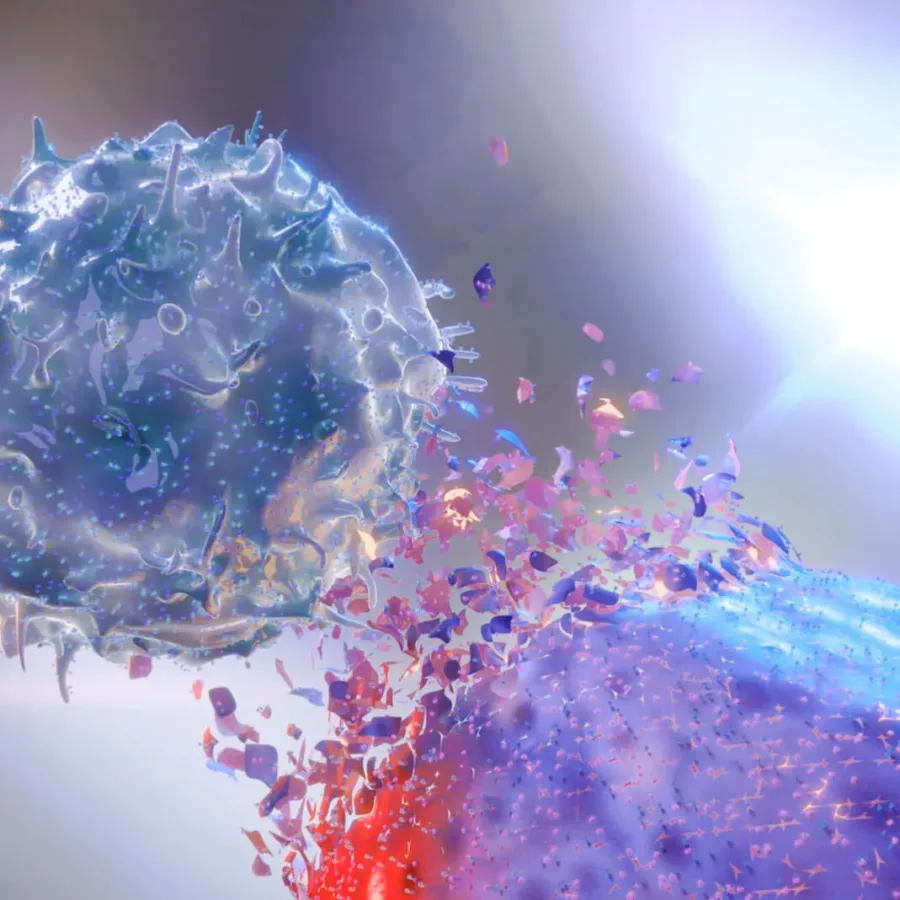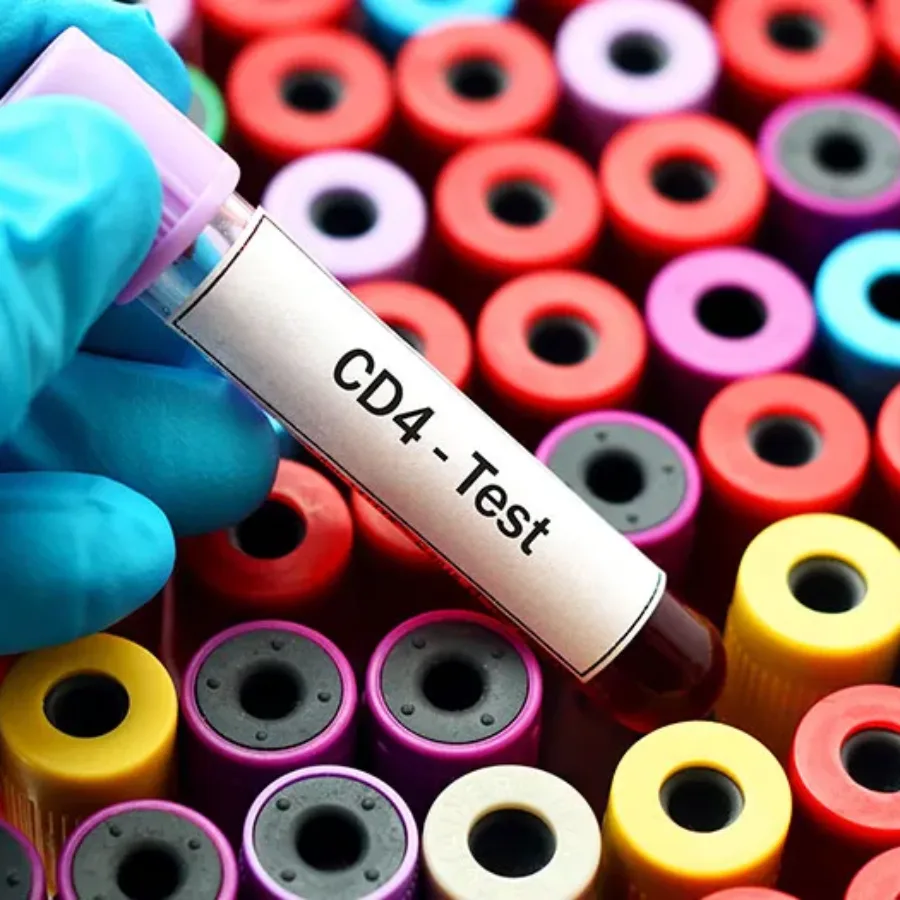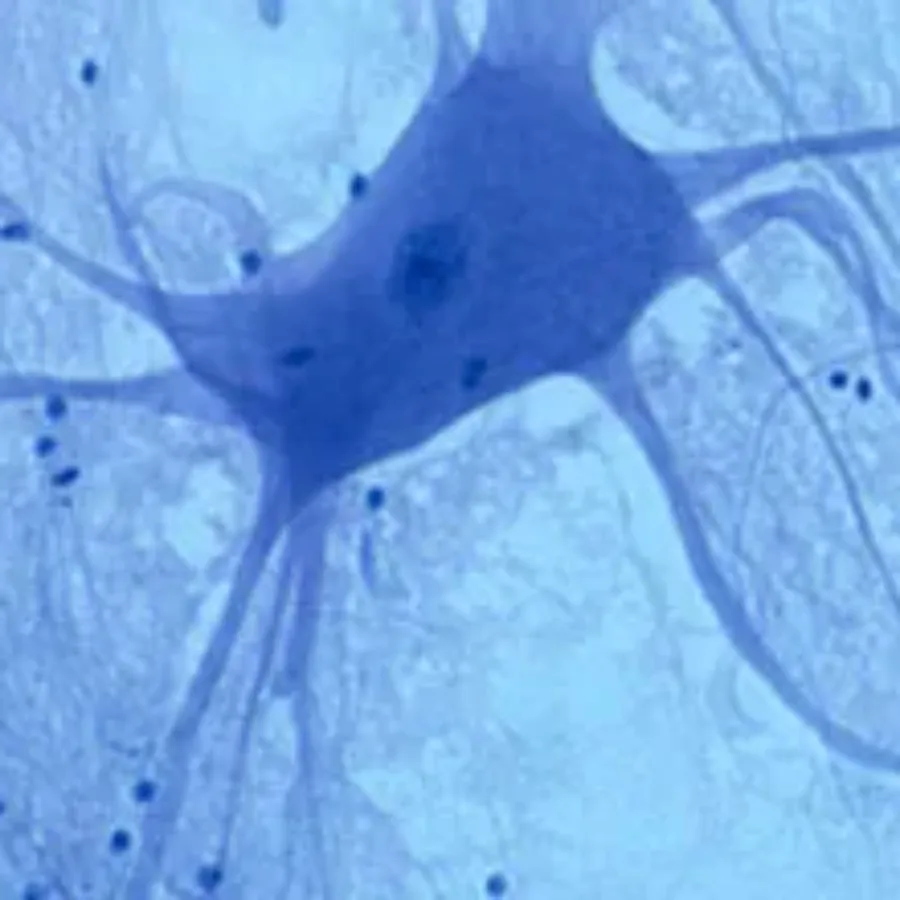Posts by KCAS Bio
 Blogs
Blogs
In several of our blogs, we have discussed the power of flow cytometry to identify unique cell populations, both rare and abundant. Flow cytometry also offers the opportunity to actually sort out the cells of interest for a variety of downstream applications. Fluorescence Activated Cell Sorting (FACS) and immunomagnetic cell sorting (MACS) are two of the most widely used methods for the isolation of phenotypically identified cells. Read more to make sense of FACS, MACS, and finding the best separation strategy for your needs.
 Blogs
Blogs
What is the primary role of Natural Killer (NK) cells? Natural killer (NK) cells are the predominant innate immune cells that mediate anti-tumor and anti-viral responses, and therefore possess good clinical utilization (Abel et al. 2018). Natural killer cells comprise 10–15% of peripheral blood lymphocytes and classically display a half-life of approximately 7–10 days in the circulation (Moretta et al. 2000).
 Blogs
Blogs
Due to its ability to analyze multiple parameters across different cell types within a sample, flow cytometry can provide very rich and clinically valuable data sets from even small volumes of blood. However, flow cytometry is a challenging platform to master, and requires significant investment into equipment and technical training. So, for many researchers, outsourcing flow cytometry to a Contract Research Organization (CROs) is both cost-effective and the best way to ensure the highest quality of data from their samples. So, what types of flow cytometry applications are the most outsourced to CROs?
 Blogs
Blogs
Why is Viability Staining so important for flow cytometry analysis? It seems pretty easy, just mix your cells with antibody conjugates, incubate, wash and you are ready to acquire, but actually cell staining for flow cytometry analysis is far from simple, particularly when it comes to the optimal distinguishing of rare cell populations, or in the deciphering of a complex immune response. There are some key considerations to optimizing flow cytometry cell staining and it requires a disciplined approach to understand the impact of certain steps on the staining process. So, how well do you plan and optimize your staining conditions to ensure the highest quality of flow cytometry data? In this blog, we explore some rules of thumb for Good Staining Practices for flow cytometry
 Blogs
Blogs
When I’m asked about the best way to go about selecting a CRO, my mind goes back to my second day at Magellan Laboratories in 1999 when I started my career years ago in this business. I had a customer who told me what it would take to be a…
 Blogs
Blogs
It was early March 2020, the tendons in my right hand were swollen and throbbing, and I was seeking to learn more about off-the-bench careers at CROs and finally retire from pipetting. A few…
 Webinars
Webinars
If you missed our webinar on April 22nd of 2020, you can check it out below! Often, when confronted with outsourcing and looking for laboratories for your discovery projects, turnaround times and cost are two very important factors. Quality and reliability of data generated are of course essential as well. How do you…
 Blogs
Blogs
How will your background in science play a role in your new Senior Scientific Advisor position? I feel that my skill set has evolved consistently since my graduate degrees where I’ve learned different yet complimentary lessons about data presentation, data interpretation, marketing, customer partnering, optimizing operational processes, customer management and…
 Blogs
Blogs
At KCAS, our Discovery group performs bioanalytical / biomarker method development that can include any of the various components required for a validated method under the GLP guidelines. So why is Discovery group needed? The beginning stage of drug development is a stage of trial and error. It is generally…
 Blogs
Blogs
KCAS is a progressive growing contract research organization with dedicated groups in pharmaceutical services to perform early stage discovery rapid method development and analysis, as well as, regulated preclinical and clinical phases, with support offered through NDA submission. We have an arsenal of top of the line instrumentation with a…
 Blogs
Blogs
Animal health programs have consistently been supported by KCAS with increasing study complexities although they have constituted a small percentage of the overall pharmaceutical development, these programs have consistently been supported by KCAS with increasing study complexities. ANIMAL HEALTH – LABORATORY SUPPORT KCAS is not only centrally located in…
 Blogs
Blogs
The FDA has regulated cigarettes, smokeless and loose tobacco since 2009 under the Tobacco Control Act. In 2016, the FDA finalized a rule for the regulation of all tobacco products, making it illegal to sell e-cigarettes, cigars and hookah tobacco to anyone under 18 and requiring retailers to check photo…